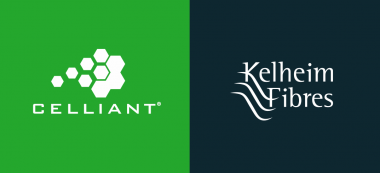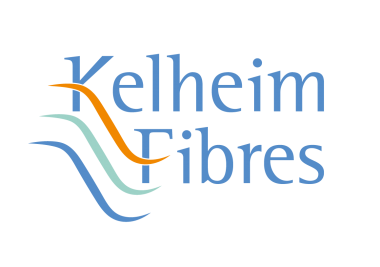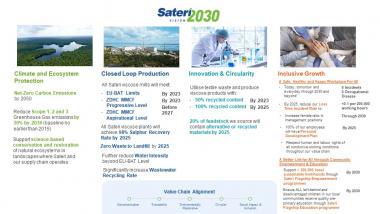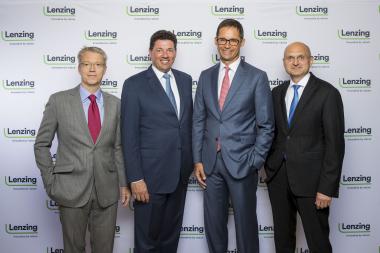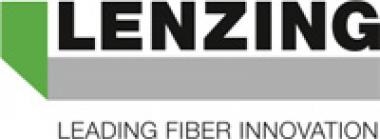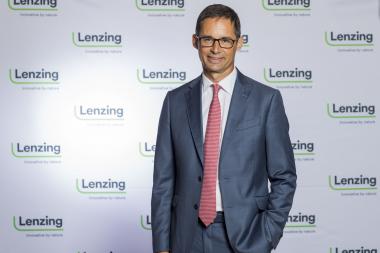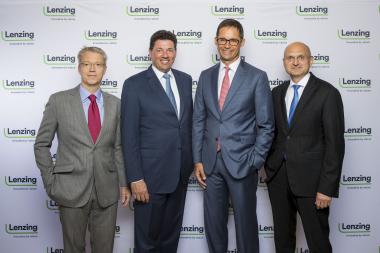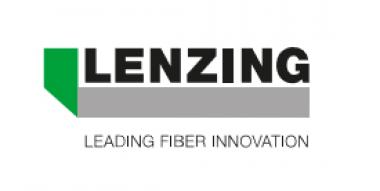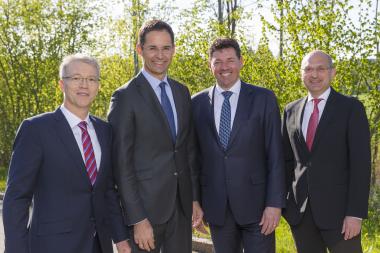Sateri to Acquire Funing Aoyang’s Viscose Fibre Business
Sateri has entered into agreement with Funing Aoyang Technology Co., Ltd. (Funing Aoyang) to acquire its viscose fibre business. The acquisition is part of Sateri’s growth strategy which will bring Sateri’s total number of viscose mills in China to six and total annual production capacity to more than 1.8 million tonnes.
Funing Aoyang is a subsidiary of listed company Jiangsu Aoyang Health Industry Co., Ltd. Its 330,000-tonne per annum mill that will be acquired by Sateri under the agreement, is located in Aoyang Industrial Park, Funing County, Jiangsu Province. Sateri is a member of the RGE group of companies; RGE manages a group of resource-based manufacturing companies with global operations spanning Indonesia, China, Brazil, Spain and Canada.
Allen Zhang, Sateri’s President, said: “This acquisition will boost Sateri’s market footprint and further strengthen our ability to serve customers in eastern and northern China. We will invest in advanced technologies to upgrade the mill so as to enhance its process technology, safety and environmental performance. Through better management and operational excellence, we hope to make a positive impact to the local economy and accelerate the sustainable development of the industry.”
The closing of the acquisition is subject to procedural approvals by relevant authorities.
Omnicom Public Relations Group









